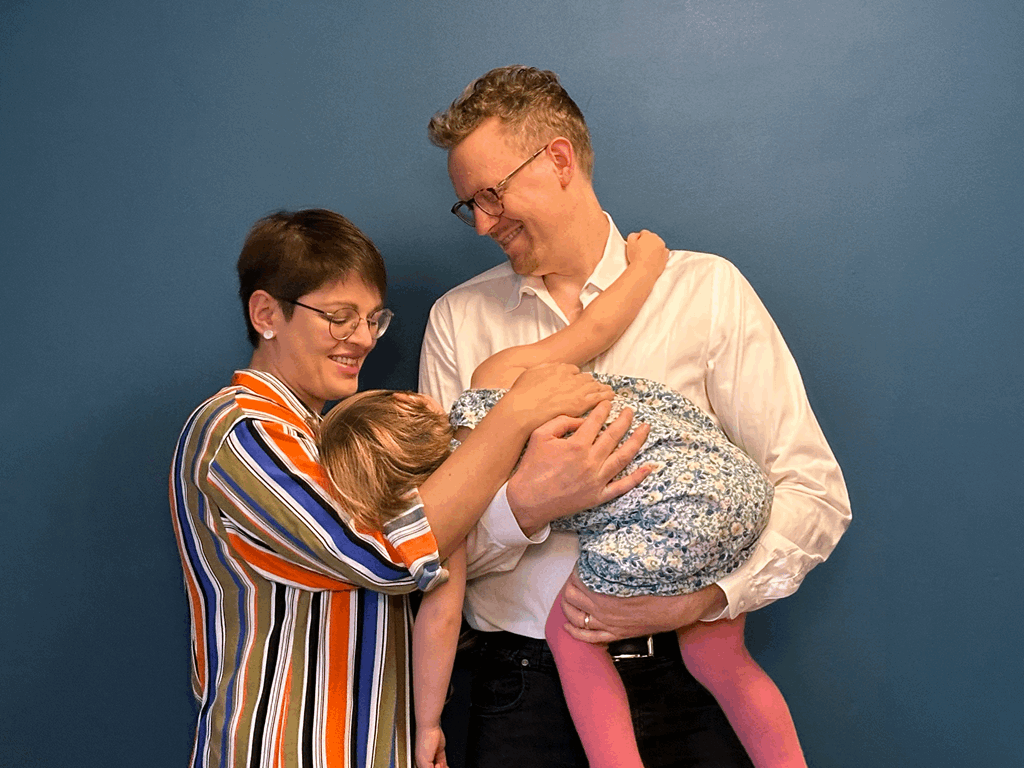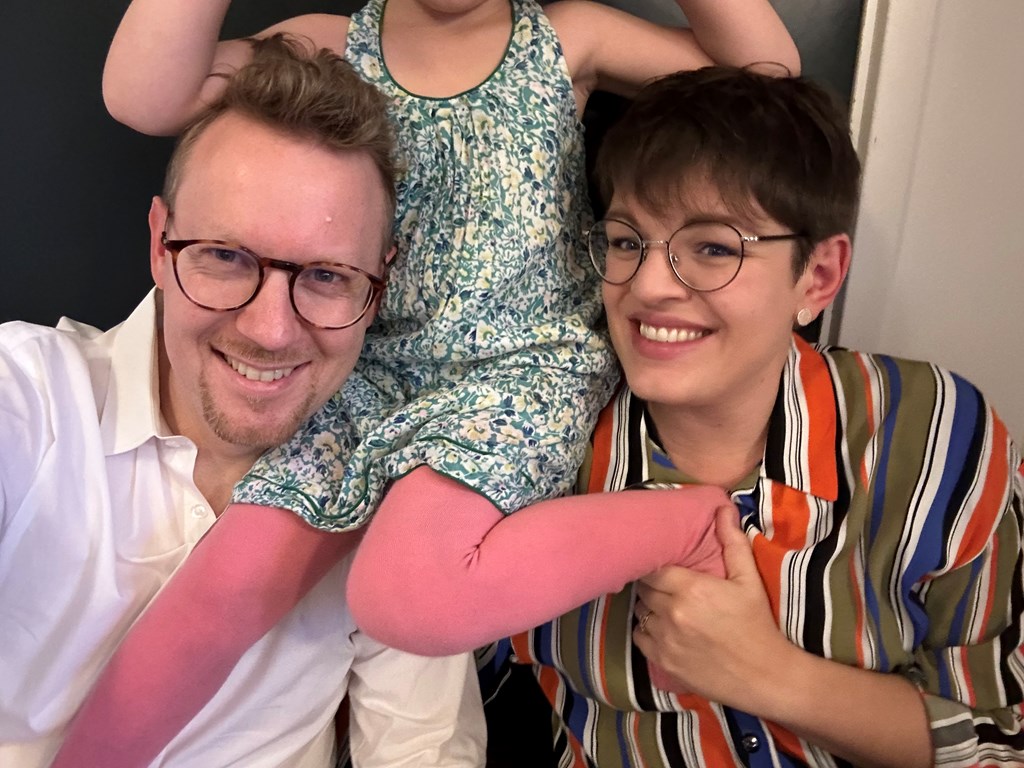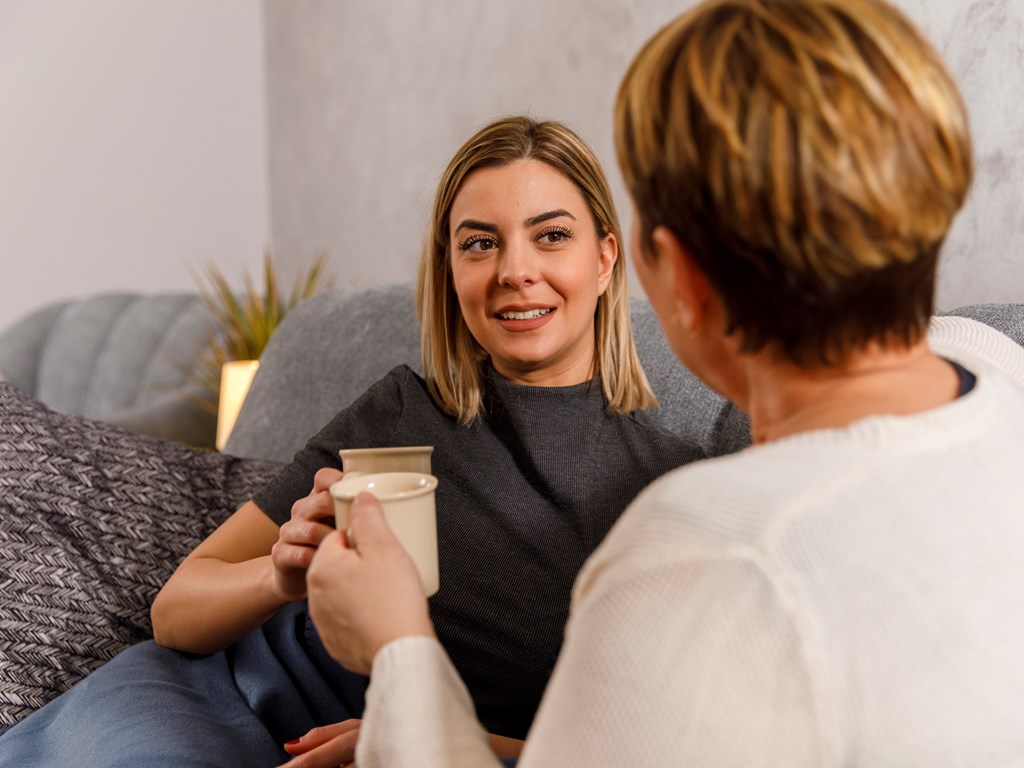Three donor children’s advice: How to tell your child they are donor-conceived
What is it like to find out you’re donor-conceived as a young child compared to discovering by accident when you’re adult? Three donor-conceived people share their stories and advice.
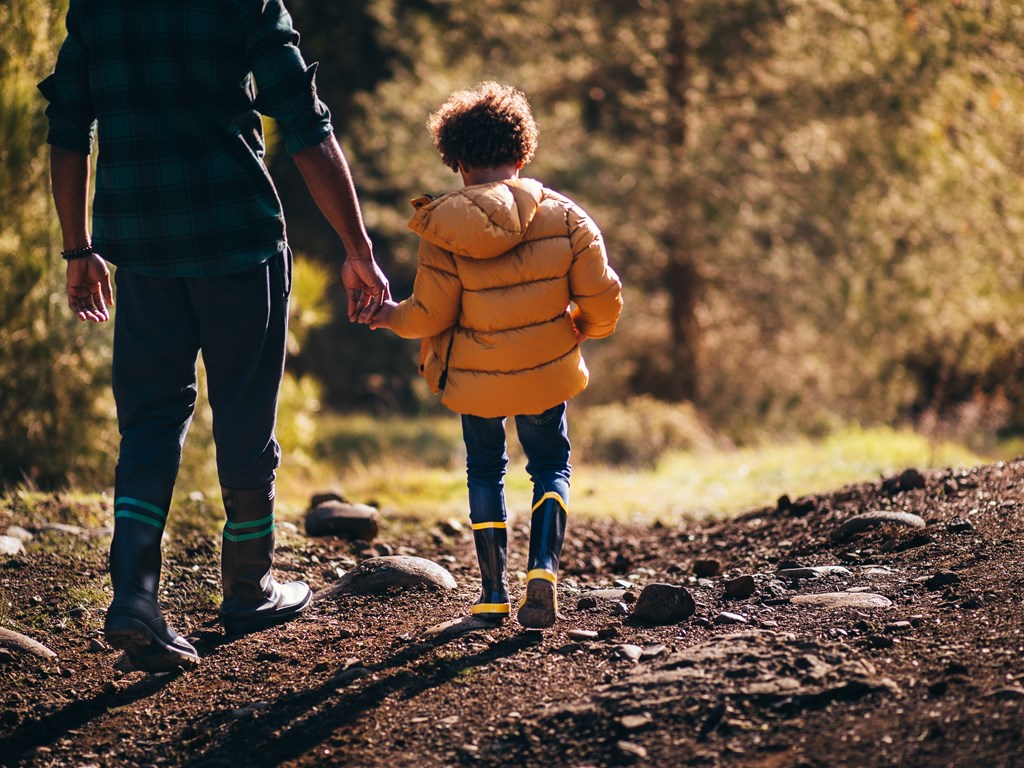
Hayley King, a lesbian mother from the UK, always knew that she was one of the first babies in the world born with the help of IVF treatment. It was a celebrated story, something to be proud of.
“But what I didn’t know and what I sadly found out in a family argument in 2015, was that my dad wasn’t my biological father.”
Back when she was conceived, health care professionals advised parents not to tell their children they were donor-conceived, believing it was best for the family. Today we know better, and parents are advised to be open with their children from a young age.
“It was lifechanging to find out. It was a huge shock and it made me revaluate a lot of things I thought about myself. Things I’d attributed to my dad that raised me,” Hayley says and continues:
“You kind of look in the mirror and aren’t quite sure who is looking back at you. That was an unnerving time for me. It was a huge shock to find out so late in life.”
Listen to episode 2 of 'Being donor-conceived' here:
It’s never too early to start telling the story
Hayley’s parents did what they thought was right by the times’ standard. Parents who conceive children with the help of donor sperm today get very different advice from professionals.
Lise Kramer is a psychotherapist specialised in donor-conceived families. According to her, it’s never too early to tell a child.
“You can start the story when the child is in your womb,” Lise Kramer says.
Of course, you must be mindful of the child’s age and how much it can understand.
Read our full guide on how to talk to your child about donor conception at any age.
It is extremely unhealthy to have secrets in families. What children don’t know will hurt them.
And as the child grows up, it may have new questions.
“What we need to be aware of is to tell just enough to the child and then the child will come again and ask more if we as parents foster that openness,” Lise Kramer says.
She recommends being specific when discussing donor-conception with your child.
“The more specific and non-magical we can be about the conception story the better. Being too magical about the conception story leaves children confused. Please, no storks!” she says.
Parents waited for the perfect moment
Nete, a young woman from Denmark, has three cousins who are adopted. She had some questions about that when she was 7 years old.
“My mother saw the opportunity to both answer some of those questions and letting me know that my parents also needed help to have children. Then she told me about the way I was conceived,” she says.
Her parents knew they wanted to tell her even before she was born.
“But back when I was conceived, they got no information on how to tell or when to tell. So, they thought they needed to find this perfect moment. But there is no perfect timing,” Nete says.
For her, the revelation wasn’t a shock or something that made her question her identity.
“I thought it was a cool thing. It was a positive thing for me.”
Lærke was not surprised to learn she was donor-conceived
Lærke, also a young Danish women conceived with the help of a sperm donor, was slightly older than Nete when she found out. But the revelation fitted nicely with her concept of family. She knew that her father was adopted. Her parents divorced when she was a young child, and she became close with her stepfather.
“I was 11 when my mum told me. I remember it quite clearly. Not what she said but I remember us sitting there, and I remember my response: Oh, I already knew that.”
She can’t explain how she knew, but it helped that she knew that you could have multiple parenting figures in your life.
“Or maybe it’s because I have red hair and freckles and none of my parents do,” she says.
Secrets in families are always unhealthy
Hayley, who found out she was donor-conceived as an adult, went on to have children with the help of donor sperm herself. She and her wife has made it a priority to be as open as possible with their children.
“I’m a gay woman, and I came out when I was 18-19 years old. One thing I learned from that experience is that when you hide something it becomes something to be ashamed of,” she says.
“There was a lot of similarities between being donor-conceived and being a gay woman trying to hide that element of me. The themes of shame, hiding, secrets, leading a double life, all those things were very similar.”
The ideal is them never remember being told.
Psychotherapist Lise Kramer agrees.
“It is extremely unhealthy to have secrets in families. What children don’t know will hurt them,” she says.
Even if the secret isn’t revealed, it has a way of seeping into the family system.
“It gives the children a feeling of something is wrong here and it must be me. So, it becomes an internal way of feeling wrong which is not very healthy for the child, and it gives certain insecurities. So having secrets in families, no matter what they are, is just plain unhealthy,” she says.
For Hayley, her experience finding out about her donor conception has greatly affected her way of parenting.
“One thing I’m very passionate about as a parent is I don’t want our children to feel like they have to hide any part of themselves. And I would include donor conception in that," she says and continues:
“The ideal is them never remember being told.”
Hayley’s, Lærke’s and Nete’s advice for parents to donor-conceived children
- Tell the child as early as possible
- Don’t wait for the perfect moment – it doesn’t exist
- Realise that telling your child is not a one-time event, it’s continual
- Let it be a natural part of your family’s story
This blog post is based on episode 2 of the podcast ‘Being donor-conceived – Stories from children and parents’.
Episode 3 discusses how to handle the reactions from your surroundings. Listen to episode 3 here:
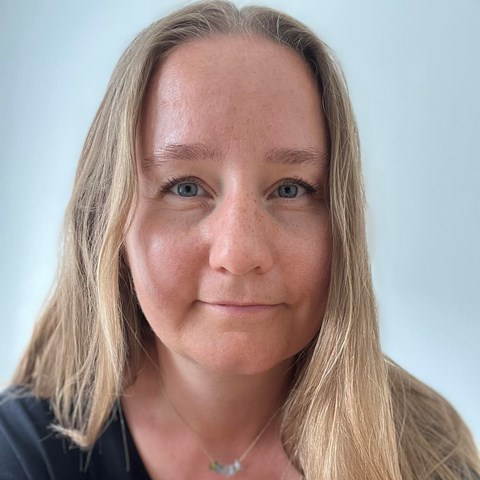 Lotte Sørensen
Lotte Sørensen